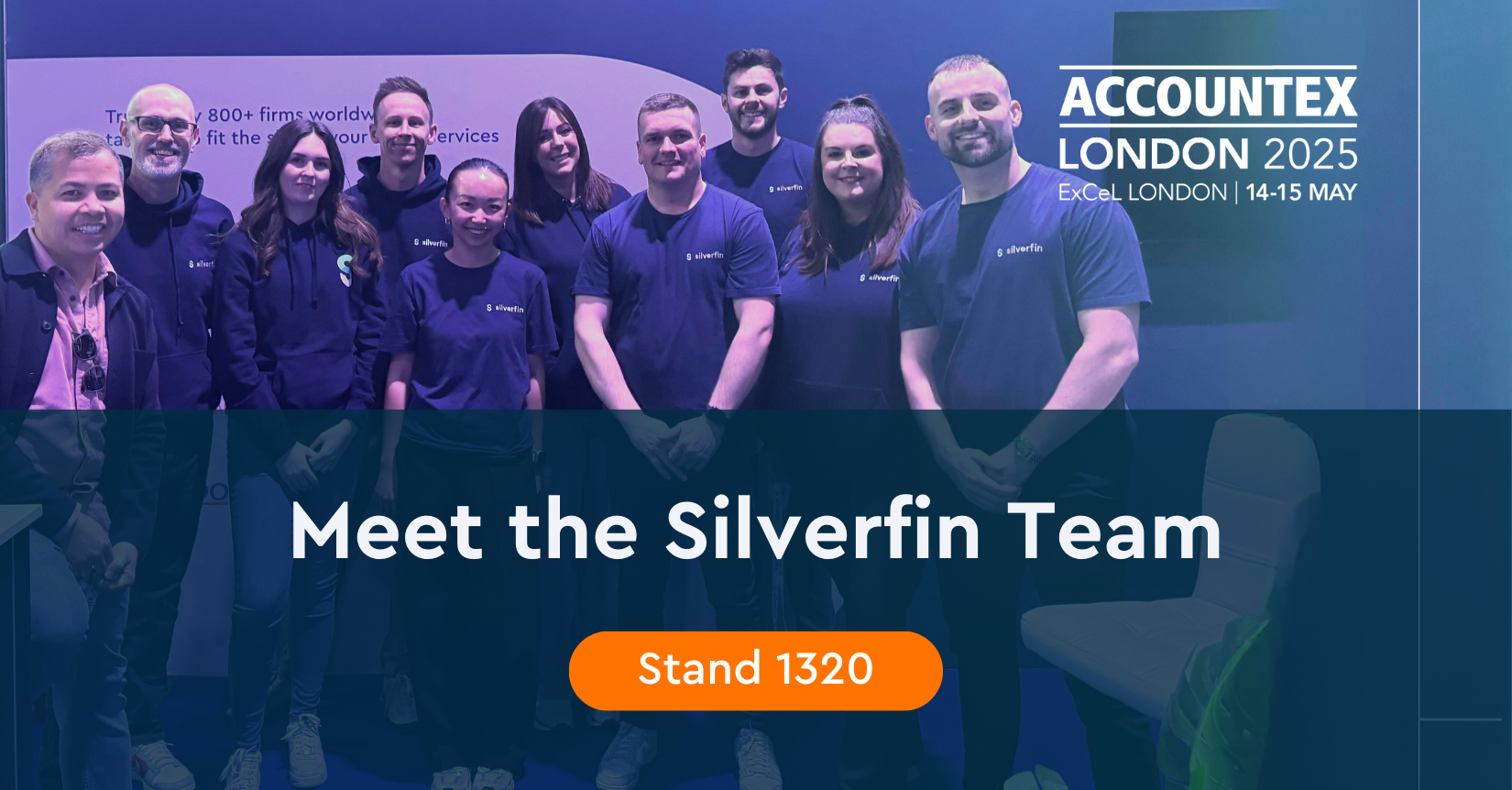The UK accountancy sector is in the process of a structural shift. HMRC’s Making Tax Digital mandates, changes to Companies House filing requirements, and rising client expectations are putting unprecedented pressure on firms to operate with speed, accuracy, and transparency. Yet many practices still rely on paper-based working papers and disconnected spreadsheets, systems prone to manual errors, duplicated effort, and bottlenecks in collaboration. In a market where deadlines are tight and compliance rules evolve constantly; these inefficiencies directly affect profitability and client trust.
Introducing paperless working papers for accountants provides more than convenience; they have become a strategic necessity. By centralising documentation, automating version control, and enabling real-time collaboration, digital accounting solutions free accountants from the limitations of physical files and siloed data. They make it easier to meet compliance obligations, respond quickly to regulatory changes, and work seamlessly with both in-house teams and external stakeholders. Forward-thinking firms are already leveraging the best digital working papers software to reduce review cycles, improve audit quality, and gain the agility to serve clients in a fast-changing business landscape.
The pitfalls of paper-based systems
In an era where clients and regulators expect instant access to accurate information, paper files and static spreadsheets slow firms down and introduce unnecessary risk. While they may feel familiar, they create operational drag and make it harder to maintain compliance.
Common pitfalls include:
Version control headaches – When multiple reviewers update a file in different locations, reconciling edits becomes time-consuming and error-prone, with no single source of truth.
Inefficient storage and retrieval – Physical documents require dedicated space, can be misplaced, and often delay access for remote or off-site teams. Even “paper-like” spreadsheets can become lost in email chains or local drives.
Audit bottlenecks – Non-standardised, unsearchable records force auditors and staff to waste hours tracking down data and verifying its accuracy.
Compliance vulnerabilities – Missing sign-offs, untracked changes, or incomplete documentation make it harder to prove due process and expose firms to HMRC or Companies House penalties.
As UK regulatory scrutiny intensifies, the gap between what paper-based systems can deliver and what oversight bodies demand is widening. Firms that fail to modernise risk not only inefficiency but also reputational harm if they cannot demonstrate consistent controls.
“Excel was a godsend compared to paper lead schedules, but it can never live up to the efficiency gains of modern solutions such as Silverfin.” — Darren Austin, Co-founder, Synergee
Key benefits of digital working papers
- Modern platforms give firms a cleaner, faster route to compliance and review
- Real-time updates reduce manual errors and rework
- Cloud collaboration accelerates review and sign-off
- Built-in compliance checks and complete audit trail
- Secure working papers with role-based access and centralised storage
Explore how standardised, connected working papers improve accuracy and speed.
What to look for in digital working paper software
Choosing the right digital accounting solutions isn’t just about replacing paper; it’s about finding a platform that will help your firm work faster, more securely, and in full compliance with evolving regulations.
When evaluating vendors, look for these essential capabilities:
Integration with accounting and tax software – Ensure the platform connects seamlessly with your core bookkeeping and compliance tools, so figures reconcile in real time. Live data syncing means numbers only need to be updated once, reducing duplication and the risk of manual errors.
Learn more about Silverfin Working Papers.
Secure, cloud-based architecture – Your secure working papers should be protected with encryption, single sign-on (SSO), multi-factor authentication (MFA), and continuous security testing. A proper cloud setup enables your team to work from anywhere without compromising on data protection.
Guided workflows and task tracking – Look for built-in checklists, approval flows, and progress dashboards. These standardise how work is prepared and reviewed, make bottlenecks visible, and help teams meet deadlines with fewer last-minute scrambles.
Support for compliance and standardisation – Leading platforms should offer features like iXBRL-ready outputs, automatic updates to reflect regulatory changes, and templates aligned with professional standards. This ensures your processes remain audit-ready and future-proof.
See how Silverfin Assistant supports compliance.
The right software will not only replace paper, it will embed best practice into every engagement, giving teams greater control, clearer oversight, and more time to focus on client service.
How digital working papers support compliance
For regulated sectors, meeting audit and compliance requirements isn’t optional; it’s a continual, high-stakes obligation. Paperless working papers for accountants make this process far more robust and efficient. By standardising templates, enforcing mandatory fields, and logging every change in an immutable audit trail, digital platforms give firms the control and transparency regulators expect.
Imagine preparing year-end accounts for a client in a highly regulated sector. With a digital working papers system, all supporting evidence is stored securely in the cloud, tagged to the relevant line item, and time-stamped. When an HMRC query or Companies House filing check arises, you can produce the required documentation instantly, complete with a full history of approvals, sign-offs, and amendments.
This level of consistency does more than avoid penalties; with every stakeholder working from the same live version, it streamlines internal reviews and client communication. And because solutions like Silverfin Assistant automatically update to reflect regulatory changes, compliance processes remain aligned with the latest rules without the need for manual intervention.
Going paperless is just good practice
Paperless working papers for accountants are no longer a “nice to have.” They cut errors, speed reviews, standardise evidence and future-proof your practice against regulatory change. For firms planning growth or M&A, a consistent digital approach also makes integration and quality control far smoother. In an era of fast-paced and frequent regulatory change, however, going paperless has become essential.
See how Silverfin’s digital accounting solutions and secure working papers help firms stay compliant and efficient—without the admin drag.













